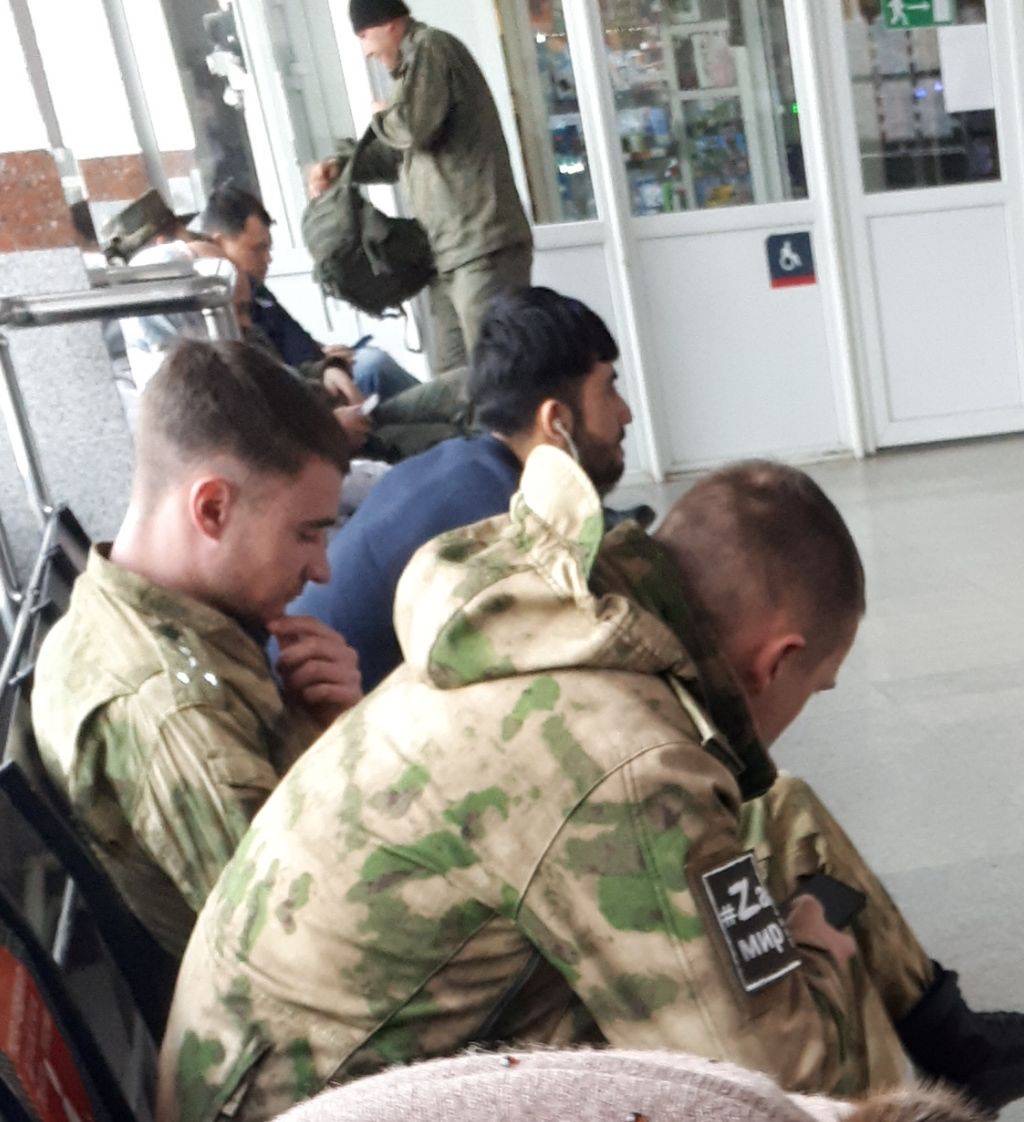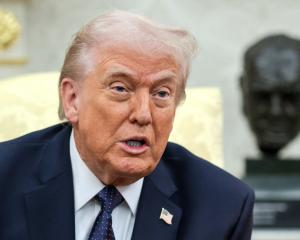
The Otago Daily Times (ODT) has been told several hundred young men in the Russian city of Belgorod, near the border with Ukraine, have failed to report for military service.

"The kids who finished school did not arrive at the military enlistment office.
"They are afraid to go to the army now, and they do not want to fight."
It points to Russian state control of information about the invasion of Ukraine that is not water tight, Johanson, a lecturer at the Centre for Defence and Security Studies, Massey University, says.
"That number is significant . . . It would suggest these young men are finding out what the war in Ukraine is actually looking like."
It has been estimated at least 10,000, and perhaps up to 20,000, Russian soldiers have been killed since the invasion of Ukraine eight weeks ago.
The contact photographed young Russian conscripts in uniforms displaying the infamous Z — which has become a symbol of Russia’s "special military operation" — but put to a new use.
The Z, although not in the Russian alphabet, is used on the uniform sleeves to spell words translated as "For peace".
It is presumably a reference to Putin's claim the invasion is to "de-Nazify Ukraine" and defend the "independence" of the breakaway Donbas region in the east of Ukraine. Putin recognised the independence of the region days before the invasion.
"War for peace. Crazy," the contact says.
"I haven’t seen that before," Johanson says of the "For peace" insignia.
"But it’s not unexpected. Their whole thing about hybrid [warfare] is that you start it at the political and social level; convincing people through the use of information that what you are doing is right."

"Will be more bloodshed soon," he says.
At night, he can hear the bombing of Kharkiv, Ukraine’s second city, which is 50km from Belgorod.
Johanson, who served for 17 years as an officer in the New Zealand army including tours of service overseas, predicts the next phase of the war, which is just getting started, will be "brutal".
Putin, his army having failed to over-run Ukraine or capture the capital Kyiv, has declared his objective is the "liberation of Donbas".
Russian forces have been redirected to attempt to seize the eastern regions of Ukraine and create a land corridor along the south coast. The cities of Mariupol, in the South, and Kharkiv, in the east, are the main prizes.
"The fighting will be heavy and brutal," Johanson says.
Missile strikes are a key element in that strategy.
"They will aim to flatten the place first and then go in and pick up the pieces."
Johanson questions what value new conscripts will be in an urban warfare setting.
"A lot of initiative is required in that complex terrain. And conscripts don’t have that."














